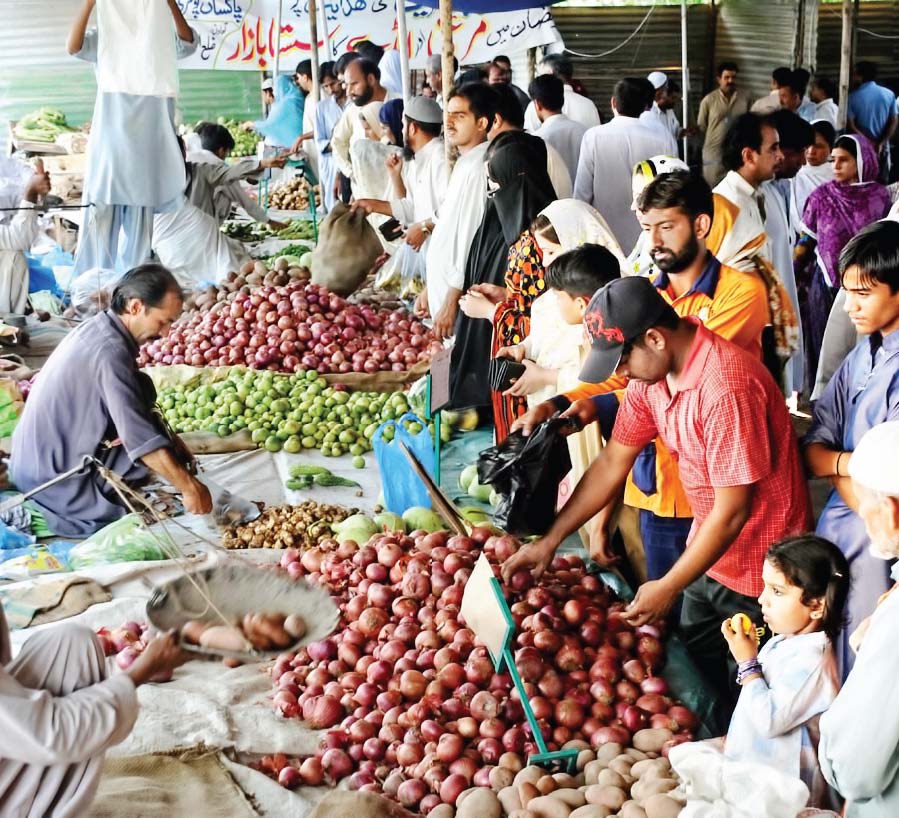Ramadan 2025 in Pakistan: Scholars Urge Discounts
The appeal by scholars highlights the importance of community support and affordability during Ramadan, as citizens face significant challenges in affording basic necessities due to soaring inflation, with prices of essential commodities showing a mixed trend, and the consumer price index expected to rise.

As Ramadan approaches, religious scholars are calling on businesses to offer discounts and special sales to help citizens cope with soaring inflation, which has led to significant price hikes in essential commodities, making it difficult for many to afford basic necessities.
The appeal comes as a survey by Business Recorder reveals that prices of essential kitchen items have increased over the past week, with chicken prices rising to Rs16,700 per 40kg in the wholesale market and retail prices increasing to Rs445 per kg. Egg prices have also risen, while sugar prices have increased to Rs7,600 per 50kg bag in the wholesale market. However, some prices, such as those of wheat flour, pulses, and rice, have remained stable or declined due to imports and other factors.
Scholars emphasize the importance of charity, community support, and affordability during the holy month of Ramadan, urging businesses to consider the economic hardships faced by the faithful. They argue that offering discounts and special sales can help provide financial relief to citizens struggling with inflation. The prices of essential commodities are showing a mixed trend, with some items becoming more affordable while others have become more expensive.
As Ramadan 2025 approaches, it remains to be seen whether businesses will heed the scholars' call to offer discounts and special sales, providing much-needed relief to citizens struggling with inflation. The consumer price index is expected to clock in at 2.0-2.5pc year-on-year, highlighting the need for measures to mitigate the impact of inflation on households.